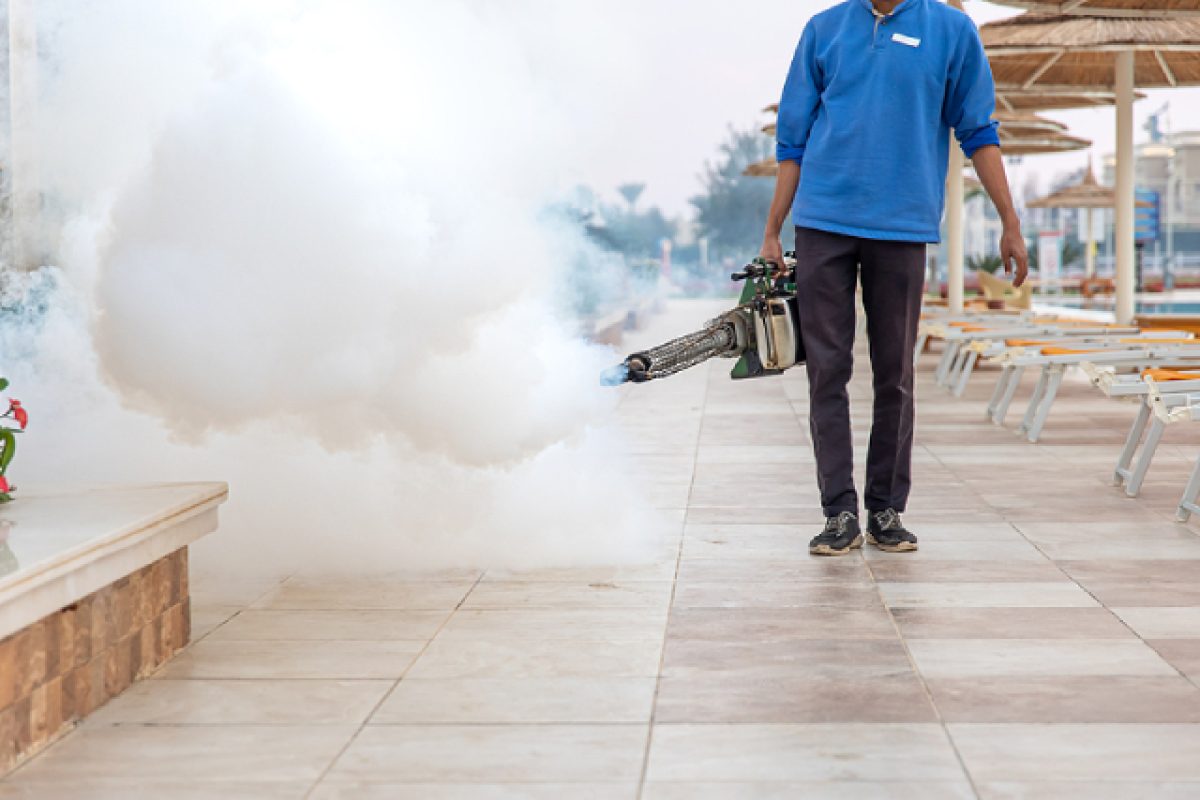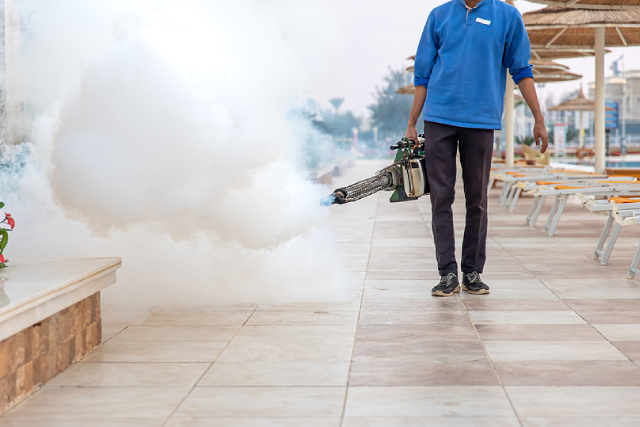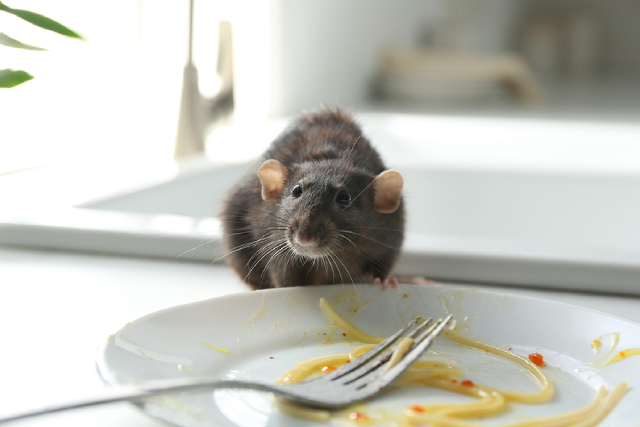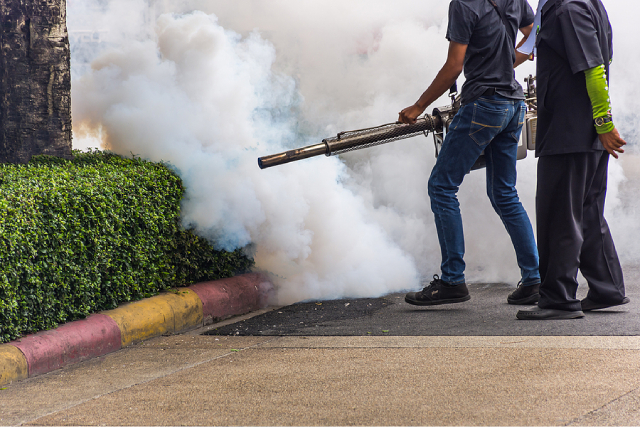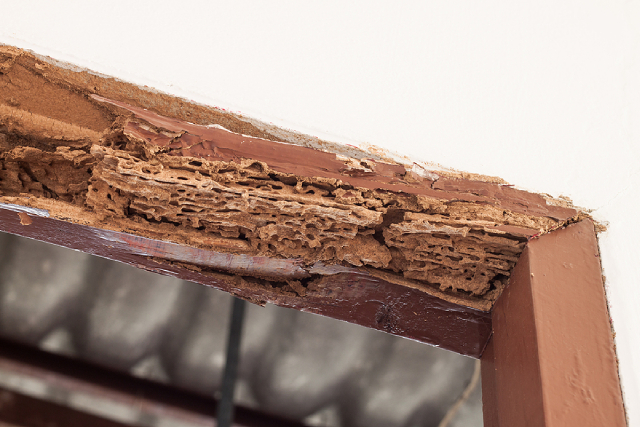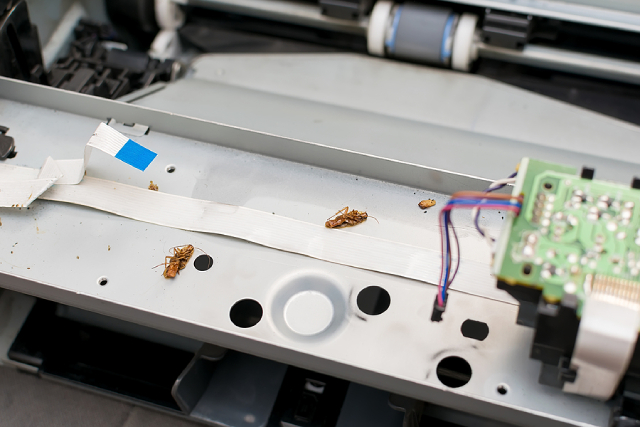Imagine checking into a hotel after a long journey, ready to unwind, only to spot a cockroach darting under the bed or a trail of ants marching through the bathroom. It’s an instant mood-killer for any guest, and worse, a potential PR nightmare for the business. In the hospitality industry, where guest satisfaction is the holy grail, even a single pest sighting can send a brand’s reputation spiralling.
Hotels, restaurants, and other hospitality establishments are expected to maintain impeccable standards. That includes creating a safe, hygienic, and pest-free environment. And while design, comfort, and service are crucial, effective pest control in Singapore is just as essential, only far less glamorous.
Today’s pest management strategies are no longer just about eliminating infestations when they happen. Modern approaches prioritise prevention, early detection, and sustainable practices. Especially in a post-pandemic world, where hygiene concerns are at an all-time high, pest control is now a cornerstone of operational excellence.
Why is pest control so critical for hotels and hospitality businesses?
From boutique hotels to bustling resorts and fine dining venues, every hospitality business is vulnerable to pests. These unwanted visitors not only disrupt operations but also present significant risks in multiple areas:
1. Guest experience and reputation
First impressions matter. One pest sighting can be enough to send a guest straight to writing a scathing online review. In an era where digital feedback heavily influences bookings, a single incident can ripple far beyond one dissatisfied customer.
2. Health and safety compliance
Health authorities enforce stringent cleanliness and safety standards in hospitality establishments. Rodents, cockroaches, and flies are known carriers of diseases and bacteria. Any sign of infestation can lead to penalties, warnings, or even temporary closures.
3. Damage to property and inventory
Rodents can chew through electrical wiring and furniture. Termites can compromise wooden structures. And in kitchens, pests can contaminate food stock, leading to avoidable waste and safety hazards.
Clearly, proactive pest control is a non-negotiable part of keeping hospitality operations running smoothly. Prevention, regular inspections, and prompt action form the trifecta of successful pest management.
Key pillars of a pest-free hospitality business
1. Take a proactive stance from the start
The best way to avoid a pest problem is to prevent one in the first place. While that may sound obvious, it’s easier said than done in fast-paced hotel environments with multiple moving parts. Facility managers and housekeeping teams already juggle countless responsibilities, and pest prevention can easily slip under the radar.
Food safety is a major vulnerability. Leftover crumbs, improperly stored ingredients, or poorly maintained waste disposal areas are like a dinner invitation for pests. Ensuring food is stored correctly, kitchen spaces are cleaned frequently, and trash is disposed of promptly goes a long way in deterring infestations.
Structural issues are another common gateway. Cracks in walls, gaps under doors, clogged drains, and neglected maintenance work can all give pests an entry point. Regular building inspections (ideally conducted monthly) can help spot potential vulnerabilities early. Pipes, roofing, flooring, and kitchen equipment configurations should all be assessed to prevent the buildup of food particles, moisture, or mould.
Ultimately, the combination of food hygiene, building upkeep, and a trained staff that knows what early warning signs to look for makes all the difference.
2. Formalise a pest management policy and embrace tech
A clearly defined pest control policy can serve as the backbone of a hotel’s long-term prevention efforts. But rather than relying on outdated checklists or reactive measures, hospitality providers should explore the benefits of Integrated Pest Management (IPM).
IPM is a comprehensive strategy that incorporates biological, cultural, physical, and chemical tools to prevent pest problems in the most efficient, eco-friendly way possible. In practice, this could mean:
- Installing pest-monitoring devices in strategic locations.
- Sealing known entry points with smart materials.
- Leveraging data from digital logs to identify recurring hotspots.
- Using non-chemical methods such as traps, pheromone lures, or natural repellents where possible.
One core principle of IPM is favouring prevention over pesticide-heavy responses. Not only does this reduce chemical exposure for guests and staff, but it also aligns with growing consumer demand for greener hospitality practices. Businesses that show they care about sustainability and follow through with action tend to enjoy stronger customer loyalty.
3. Train employees and build awareness
Your staff can be your first line of defence when it comes to pest control. Frontline employees should be trained to recognise pest behaviour, spot signs of activity, and know how to escalate the issue immediately.
Training should be tailored based on where and how each team works. For example, housekeeping should be alert to signs of bed bugs or droppings. Kitchen staff should monitor food storage and prep areas. Maintenance teams should understand how structural wear and tear can invite pests.
It’s also crucial to foster a workplace culture where employees feel comfortable reporting issues without fear of blame or reprimand. The goal is to encourage early reporting so problems can be resolved quickly before they escalate into infestations. Routine refresher sessions can reinforce knowledge and keep pest control front of mind, especially in high-turnover environments where new hires may not be fully briefed.
4. Listen to guest feedback
If pests are present, guests often notice first. But they might not always say it outright. Instead of directly reporting a bug sighting, some may mention vague complaints like “unclean smells” or “noisy pipes”.
Paying attention to this kind of feedback can provide clues about deeper issues. Managers should look for patterns in reviews that could indicate emerging problems, such as consistent complaints about a particular room or floor.
While it’s not advisable to directly ask guests about pests (that’s a surefire way to alarm them), incorporating general cleanliness questions into surveys can surface early warning signs. When handled tactfully, feedback becomes a valuable intel-gathering tool for continuous improvement.
5. Work with a reputable pest control partner
Even with the best in-house efforts, professional support is essential. Hotels should partner with licensed pest control companies that offer more than just extermination but also provide ongoing monitoring, tailored treatment plans, and detailed reporting.
Before signing a contract, hotel managers should ask questions such as:
- Which parts of the property will be inspected?
- How often are follow-up visits scheduled?
- What kind of pests does the service specialise in?
- Will the report include structural or sanitation-related recommendations?
Ideally, managers should also accompany the initial inspection. This not only offers an opportunity to gain insights but also ensures that the pest control strategy aligns with the operational realities of the hotel.
For example, if termite risk is high due to nearby vegetation or humid environments, a customised termite treatment plan should be included, especially if wooden furnishings or structural components are used extensively on the property.
Routine maintenance visits (monthly or quarterly) can help maintain a pest-free environment year-round. These visits can be combined with seasonal checks during rainy or hot weather periods, when pest activity tends to spike.
Conclusion
Pest control in hospitality settings is more than a cleanliness issue, but rather a critical part of brand protection, guest satisfaction, and compliance. Through proactive planning, integrated pest management, employee training, and the right partnerships, businesses in the hospitality industry can protect both their property and their reputation. In a highly competitive space where customer trust is everything, being one step ahead of pests is essential. After all, a truly five-star experience starts with peace of mind.
Pests don’t just go away on their own; let PestClinic step in before things get worse. Our expert team uses proven methods to handle all types of infestations, whether at home or in your business. From detailed inspections to customised treatment plans, we’re here to restore comfort and safety to your space. Reach out to PestClinic today and take the first step towards a pest-free environment.

